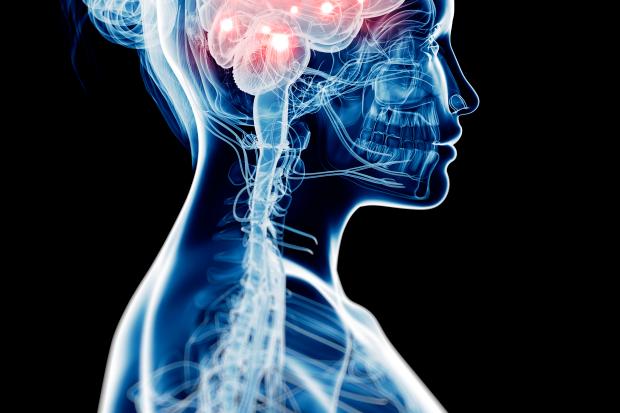Trinity College Dublin scientists have discovered that one out of 347 men and one out of 436 ladies can be relied upon to create motor neuron disease during their lifetime. Motor neuron disease (MND) is a staggering condition which causes progressive paralysis, expanding physical disability and at last demise within an average of two to three years. There are more than 350 individuals in Ireland with MND, and one individual is diagnosed every 3 days to have the condition.
In a paper published today, Monday 22nd July 2019 in the American medicinal journal JAMA Neurology, the Irish group of specialists, led by Professor Orla Hardiman in the Academic Unit of Neurology and Dr Russell McLaughlin, Smurfit Institute of Genetics, Trinity College Dublin have directed the biggest ever study including 1117 individuals diagnosed to have motor neuron disease to address the question of “nature versus nurture” in the reasons for MND.
The lead author, Dr Marie Ryan has demonstrated that genetics account for about 52% of the danger of creating MND. This implies other significant factors or exposures should likewise be available for the condition to create, and that the overall danger of building up the disease among other family members stay low.
Dr Ryan additionally looked at the individuals who carried known genetic mutations related with motor neuron disease. In Ireland, in around 10% of individuals with motor neuron disease, the disease is brought about by the abnormality in one gene called C9orf72, which keeps running in families. Dr Ryan found that the individuals who carried an anomalous copy of this gene and created MND were more likely to have acquired it from their moms.
Dr Marie Ryan stated: “While difference inheritance patterns based on who transmits the gene have been reported in other neurological disorders, this is the first time this kind of inheritance pattern has been discovered among those with motor neuron disease.”
“The main message is that genetic and non-genetic factors contribute equally to one’s risk of developing MND. The fact that 50% of the risk is found within our genes supports our ongoing search to identify the many interacting genes that contribute to the causes of motor neuron disease” she continued.
Professor Orla Hardiman, senior author stated: “This will help us to find new treatments for this devastating condition, by pursing a precision medicine approach.”
“We have already found that MND can cluster with other conditions including dementia, schizophrenia, bipolar disorder, autism and addiction disorders in around 30% of families. This means that multiple genetic factors working together are likely to play an important role in developing MND. Finding how these genes interact will help us to find new and better treatments” she concluded.




